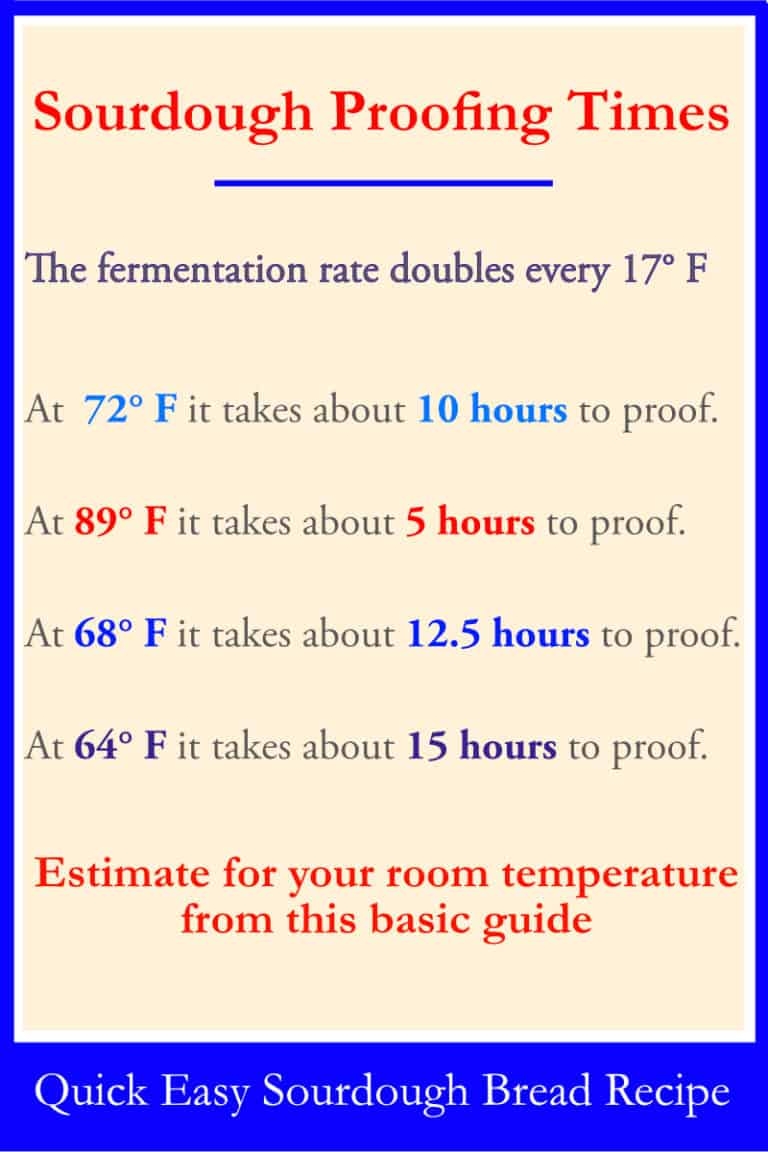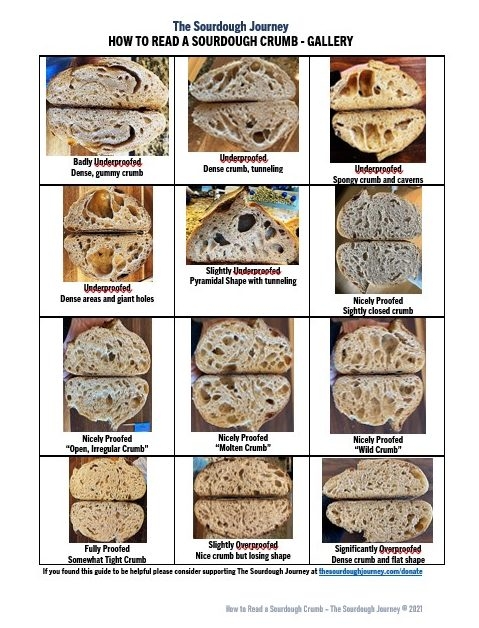Sourdough proofing is the process of allowing the dough to rise after it has been shaped. This step is crucial in developing the flavor and texture of sourdough bread. The proofing time can vary depending on factors such as room temperature, hydration level of the dough, and the amount of starter used.
It’s important to monitor the proofing time carefully to achieve the desired rise and texture in your sourdough bread. Using a sourdough proofing time chart can help you determine the optimal proofing time based on these factors.
Factors Affecting Proofing Time
Room Temperature: Warmer temperatures will speed up the proofing process, while cooler temperatures will slow it down. Ideally, the dough should be proofed in a warm, draft-free area.
Hydration Level: The hydration level of the dough, or the amount of water in relation to the flour, can also affect proofing time. Higher hydration doughs may require a longer proofing time to achieve the desired rise.
Sourdough Proofing Time Chart
Below is a general sourdough proofing time chart to help guide you in determining the optimal proofing time for your sourdough bread:
| Room Temperature | Proofing Time |
|---|---|
| 70°F (21°C) | 4-6 hours |
| 75°F (24°C) | 3-5 hours |
| 80°F (27°C) | 2-4 hours |
Remember, these times are just guidelines and may need to be adjusted based on the specific conditions of your kitchen. It’s important to check the dough periodically during the proofing process to ensure it is rising properly.

